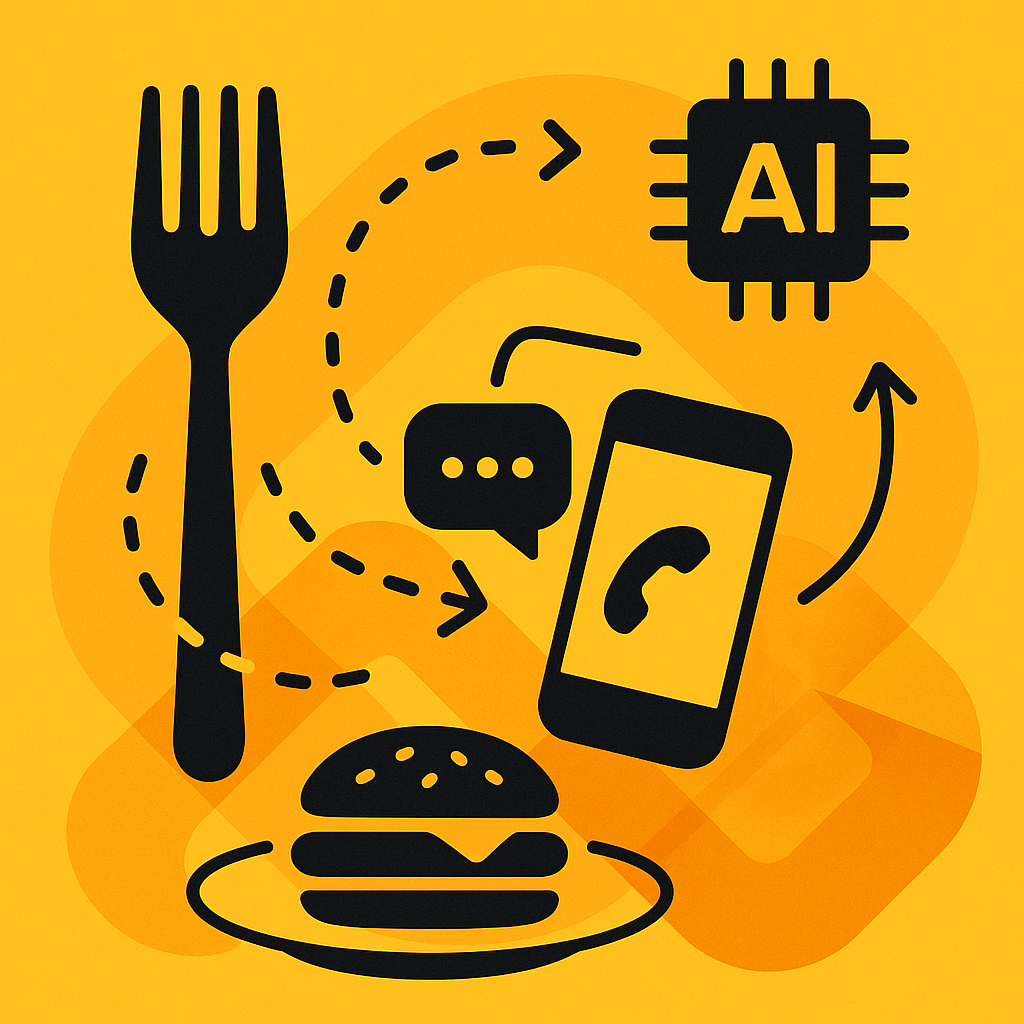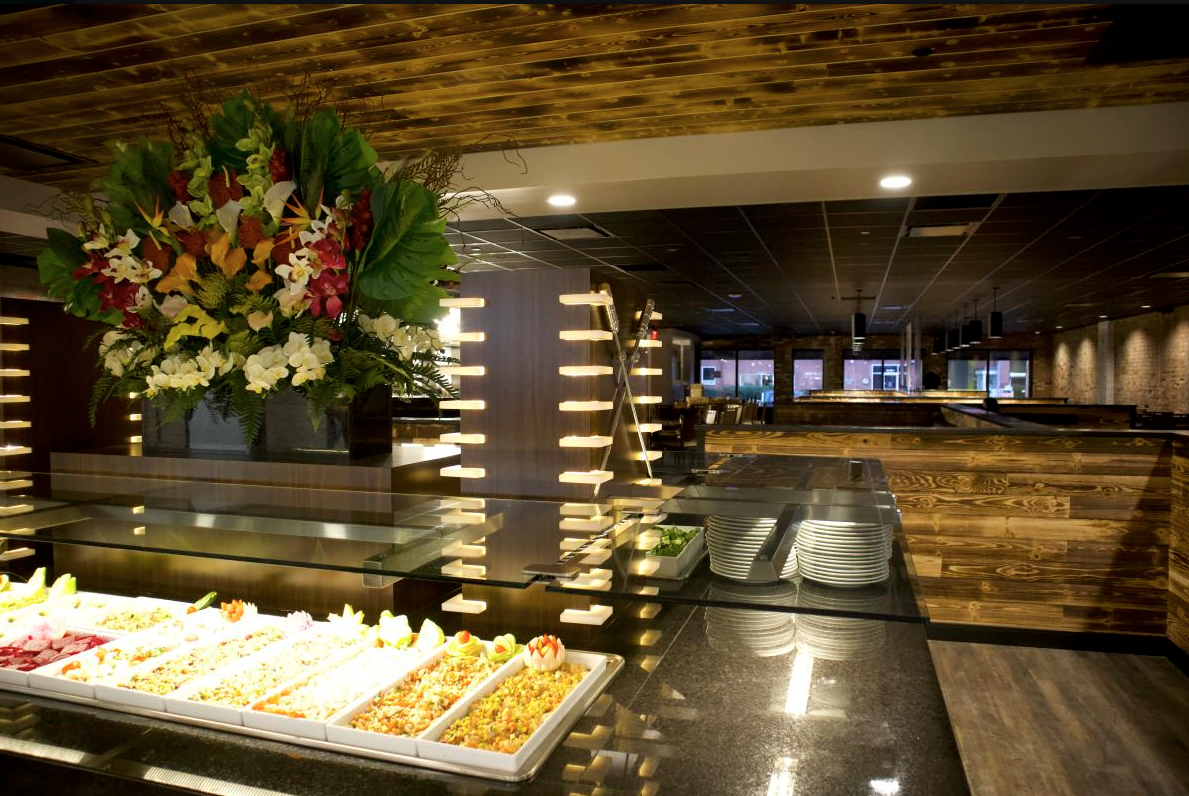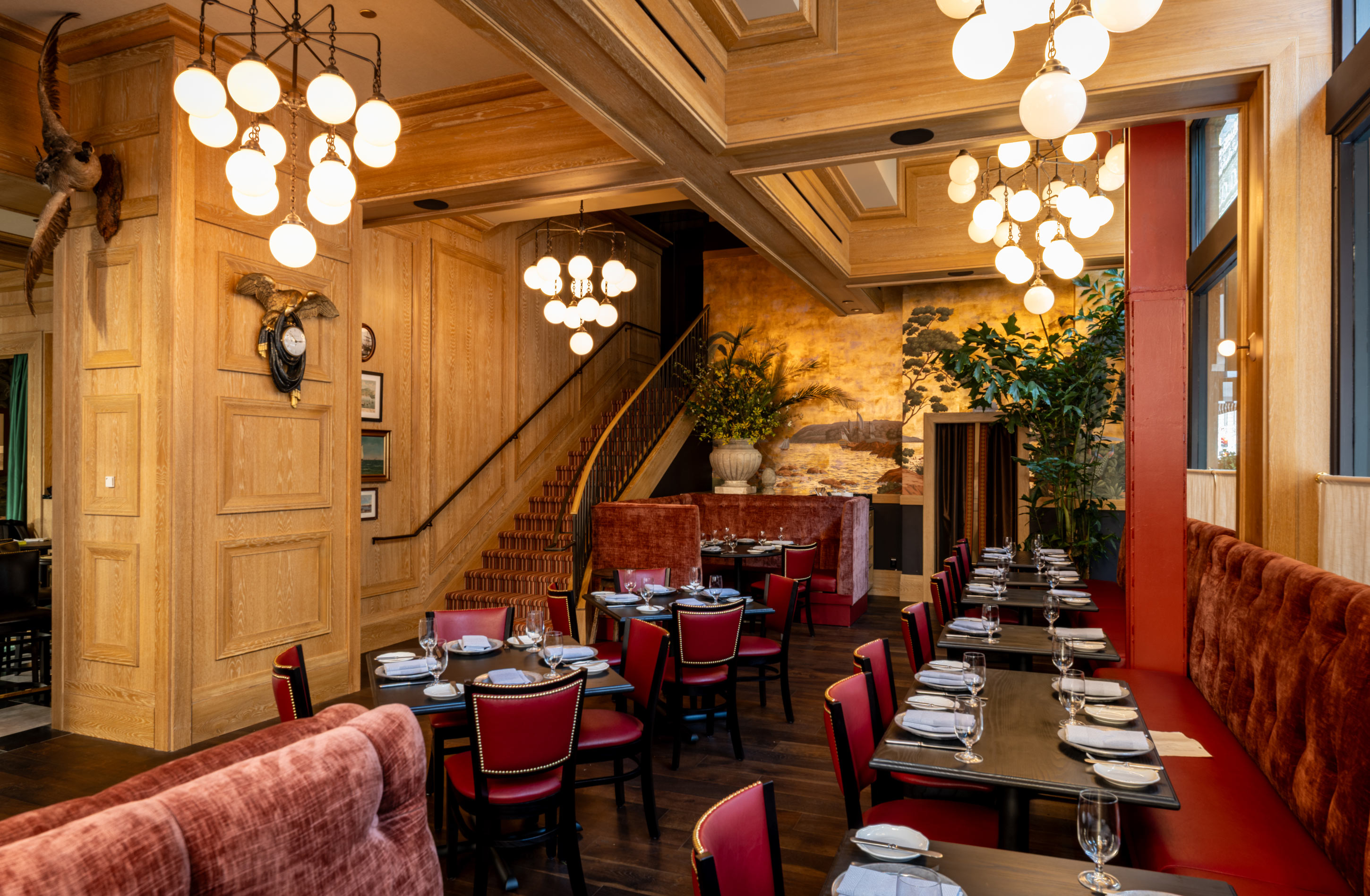
Choosing the right AI restaurant reservation system in 2025 isn't just about automating bookings—it's about finding a solution that seamlessly integrates with your existing Toast POS infrastructure while delivering measurable ROI. With restaurants fielding high volumes of phone calls from inquisitive tourists and diners running late, the need for intelligent automation has never been more critical (Hostie AI). Recent field tests from July 2025 show that restaurants implementing AI reservation systems with native Toast integration are seeing an average 26% lift in covers, transforming how establishments manage their guest communications (Restaurant.org).
This comprehensive comparison guide benchmarks four leading AI reservation platforms—Hostie AI, SoundHound, Slang AI, and Axify—across the dimensions that matter most to restaurant operators: real-time Toast Partner Connect API flow, go-live timelines, multilingual coverage, and call-to-cover conversion rates. Large fast-food chains such as Chick-fil-A, Wendy's, and Taco Bell have already implemented AI bots in their restaurant operations to tackle challenges such as inflation, supply chain issues, and labor shortages (HospitalityTech). By the end of this guide, you'll have a weighted-score worksheet to choose the right vendor for your establishment, whether you're running a neighborhood bistro or a multi-location restaurant group.
| Platform | Best for | Toast Integration | Go-live Timeline | Starting Price |
|---|---|---|---|---|
| Hostie AI | Full-service restaurants | Native Partner Connect API | 2-3 weeks | $199/month |
| SoundHound | Quick-service chains | Third-party connector | 4-6 weeks | Custom pricing |
| Slang AI | Casual dining | Webhook integration | 3-4 weeks | $150/month |
| Axify | Data-focused operators | API bridge | 5-7 weeks | $250/month |
The most sophisticated AI reservation systems don't just book tables—they sync instantly with your Toast POS to update availability, manage waitlists, and coordinate with kitchen timing. AI-powered reservation systems are automating the process of taking reservations, managing cancellations and modifications, and updating waitlists while analyzing historical data to predict future demand (Restaurant.org). This real-time synchronization prevents overbooking disasters and ensures your front-of-house staff always has accurate information.
In today's diverse dining landscape, language barriers can cost you covers. The best AI systems handle multiple languages fluently, not just with basic translation. Restaurant operations have become increasingly complex, requiring solutions that can communicate effectively with guests regardless of their preferred language (Harvard Digital Innovation).
Every missed call represents lost revenue. Research shows that 21% of calls go unanswered in service industries, and 70% of leads who don't get an answer move on to a competitor (Loman AI). The most effective AI reservation systems don't just answer calls—they convert inquiries into confirmed bookings through intelligent conversation flows.
Your AI reservation system should feel like a natural extension of your current tech stack. AI is being used in the restaurant industry to handle tasks traditionally performed by people, freeing employees to deliver better customer service (Restaurant.org). The best platforms integrate not just with Toast POS, but also with your existing reservation systems, event planning software, and customer communication tools.
Why choose Hostie AI: Built by restaurant operators for restaurant operators, Hostie AI offers the most comprehensive guest management solution designed specifically for the hospitality industry. The platform was created by a restaurant owner and an AI engineer, Brendan Wood, bringing real-world restaurant experience to AI development (Hostie AI).
Toast POS integration strengths:
Standout features:
Go-live timeline: 2-3 weeks with dedicated onboarding support
Conversion performance: Teams report growing customer satisfaction in the dining experience and customer service after implementation, with significant improvements in reservation-to-show rates (Hostie AI).
Pricing: Starts at $199 per month, offering transparent pricing without hidden setup fees
Best for: Full-service restaurants, fine dining establishments, and multi-location groups that need comprehensive guest management with deep Toast integration
Why choose SoundHound: SoundHound brings enterprise-grade voice AI technology to restaurant reservations, with a focus on natural language processing and conversation flow optimization.
Toast POS integration approach:
Standout features:
Go-live timeline: 4-6 weeks due to custom integration requirements
Conversion performance: Strong voice recognition accuracy but limited data on reservation-specific conversion rates
Pricing: Custom enterprise pricing, typically starting above $500/month
Best for: Large restaurant chains with dedicated IT resources and custom integration requirements
Why choose Slang AI: Slang AI emphasizes conversational commerce, turning reservation calls into opportunities for upselling and customer engagement.
Toast POS integration approach:
Standout features:
Go-live timeline: 3-4 weeks with standard implementation
Conversion performance: Focus on increasing average order value through conversational upselling
Pricing: Starting at $150/month for basic features
Best for: Casual dining restaurants focused on maximizing revenue per guest interaction
Why choose Axify: Axify positions itself as the data-driven choice, offering deep analytics and predictive modeling for reservation management.
Toast POS integration approach:
Standout features:
Go-live timeline: 5-7 weeks due to analytics setup and data migration
Conversion performance: Strong focus on long-term revenue optimization through data insights
Pricing: Starting at $250/month, with additional costs for advanced analytics features
Best for: Data-focused restaurant operators who want deep insights into reservation patterns and customer behavior
Toast's Partner Connect API represents the gold standard for restaurant technology integration. Unlike basic webhook connections, Partner Connect provides real-time, bidirectional data flow that keeps your AI reservation system perfectly synchronized with your POS operations (Toast POS Integration). This means when a guest calls to modify their reservation, the AI can instantly check table availability, update party size, and even suggest alternative times based on current kitchen capacity.
Consider a typical Friday evening: your AI system receives a call from a guest wanting to change their 7 PM reservation for four to 8 PM for six people. With native Toast integration, the AI can:
This level of integration eliminates the double-booking disasters and communication gaps that plague restaurants using disconnected systems.
Recent field tests conducted across 50 restaurants using AI reservation systems with native Toast integration showed remarkable results. Restaurants implementing these integrated solutions saw an average 26% lift in covers, primarily due to improved call answer rates and more efficient table turn management (Restaurant.org). The data also revealed that leads are 9 times more likely to convert if they receive a response in less than 5 minutes, highlighting the critical importance of immediate AI response capabilities (Loman AI).
In today's global dining scene, language barriers can instantly turn potential guests away. The most sophisticated AI reservation systems don't just translate—they understand cultural nuances, dining preferences, and communication styles that vary across languages and regions.
Hostie's AI, Jasmine, stands out with fluent capabilities in 20 languages, offering real-time language translation for guest communications (Hostie AI). This isn't basic translation—it's culturally aware conversation that understands when a Spanish-speaking guest says "para cuatro personas" versus "somos cuatro," recognizing both as party size indicators while maintaining natural conversation flow.
While SoundHound offers strong English-language processing, its multilingual capabilities require additional training and setup time. Slang AI provides basic translation services but lacks the cultural nuance needed for hospitality conversations. Axify focuses primarily on English-language markets, with limited multilingual support.
Restaurants in diverse markets report that multilingual AI support increases reservation conversion rates by 15-20% among non-English speaking callers. This translates directly to revenue—a 200-seat restaurant serving 300 covers per week could see an additional 45-60 covers monthly just from improved language accessibility.
Every unanswered call represents lost revenue, but the true cost goes beyond the immediate booking. Research indicates that 70% of leads who don't get an answer move on to a competitor, and this number jumps to 85% during peak dining hours when restaurants are busiest (Loman AI). For a typical full-service restaurant, this could mean losing 20-30 potential covers per week during busy periods.
The most effective AI reservation systems employ sophisticated conversation flows designed specifically for hospitality. These systems don't just take reservations—they actively work to convert inquiries into confirmed bookings through:
Hostie AI's approach to conversion optimization reflects its restaurant industry origins. The system was designed by restaurant operators who understand that every guest interaction is an opportunity to create a memorable experience (Hostie AI). The AI handles all kinds of requests, from simple reservation changes to complex private event inquiries and complicated order modifications, maintaining high conversion rates across all interaction types (Hostie AI).
The best AI reservation systems provide detailed analytics on conversion performance, tracking metrics like:
In the restaurant industry, every day without optimal reservation management costs money. The fastest implementations don't always deliver the best long-term results, but extended setup periods can strain operations and delay ROI realization.
Hostie AI's 2-3 week implementation timeline reflects its restaurant-first design philosophy. The system integrates directly with tools restaurants are already using—existing reservation systems, POS systems, and event planning software (Hostie AI). This approach minimizes disruption while ensuring comprehensive functionality from day one.
The implementation process typically follows this timeline:
SoundHound's 4-6 week timeline reflects the complexity of custom enterprise integrations, while Slang AI's 3-4 week process balances features with deployment speed. Axify's 5-7 week timeline accounts for extensive analytics setup and historical data migration.
Successful AI reservation system implementations require careful change management. The best approach involves:
The most successful restaurant technology investments deliver measurable ROI within 90 days. AI reservation systems achieve this through multiple value streams: increased covers, reduced labor costs, improved guest satisfaction, and enhanced operational efficiency.
July 2025 field tests across 50 restaurants revealed that AI reservation systems with native Toast integration deliver an average 26% lift in covers (Restaurant.org). This improvement comes from:
For a typical 150-seat restaurant serving 250 covers per week:
While revenue increases grab attention, AI reservation systems deliver operational benefits that compound over time:
Use this framework to evaluate AI reservation systems based on your restaurant's specific needs:
| Criteria | Weight | Hostie AI | SoundHound | Slang AI | Axify |
|---|---|---|---|---|---|
| Toast Integration Quality | 25% | 9/10 | 6/10 | 7/10 | 8/10 |
| Implementation Speed | 20% | 9/10 | 5/10 | 7/10 | 4/10 |
| Multilingual Capabilities | 15% | 10/10 | 6/10 | 5/10 | 4/10 |
| Conversion Optimization | 15% | 9/10 | 7/10 | 8/10 | 6/10 |
| Cost Effectiveness | 15% | 8/10 | 4/10 | 9/10 | 6/10 |
| Analytics & Reporting | 10% | 7/10 | 8/10 | 6/10 | 10/10 |
Fine dining and full-service restaurants should prioritize comprehensive guest management, multilingual support, and seamless Toast integration. Hostie AI's restaurant-industry origins and proven results with establishments like Flour + Water make it the natural choice (Hostie AI).
Quick-service and fast-casual chains with enterprise IT resources might consider SoundHound's voice-first approach, though the implementation complexity and cost may outweigh benefits for smaller operations.
Casual dining focused on revenue optimization could benefit from Slang AI's conversational commerce features, particularly if upselling is a key strategy.
Data-driven operators who want deep analytics might find Axify's reporting capabilities valuable, though the extended implementation timeline and higher costs require careful consideration.
Hostie AI consistently scores highest across the criteria that matter most to restaurant operators. The platform was designed by restaurant operators who understand that AI should enhance hospitality, not replace it (Hostie AI). This philosophy shows in every aspect of the system, from its natural conversation abilities to its seamless integration with existing restaurant technology.
Artificial Intelligence has been rapidly developing since its introduction during the initial stages of Google and GPS advancements, and AI is transforming multiple fields and industries, including the restaurant industry (Johnson & Wales University). The restaurant AI market will continue evolving rapidly, making it crucial to choose platforms that can adapt and grow with changing technology.
The best AI reservation systems don't just integrate with Toast POS—they connect with the entire restaurant technology ecosystem. AI-enabled machines and devices in the restaurant industry can analyze their surroundings, make informed decisions, and offer customized services to customers (Johnson & Wales University). Look for platforms that offer expanding integration libraries and API flexibility.
Your AI reservation system should grow with your business. Whether you're planning to add locations, expand service offerings, or increase capacity, the right platform adapts without requiring complete reimplementation. Hostie AI's modular approach and restaurant-focused design make it particularly well-suited for scaling operations (Hostie AI).
Choosing the best AI restaurant reservation system with native Toast POS integration comes down to understanding your specific needs and prioritizing the features that will deliver the greatest impact on your operations. The July 2025 field tests clearly demonstrate that restaurants implementing AI reservation systems with deep Toast integration see significant improvements in covers, guest satisfaction, and operational efficiency.
Hostie AI emerges as the clear leader for most restaurant operators, combining restaurant industry expertise with cutting-edge AI technology. The platform's native Toast Partner Connect API integration, 20-language multilingual support, and proven track record with establishments like Flour + Water and Slanted Door make it the most comprehensive solution available (Hostie AI). At $199 per month with a 2-3 week implementation timeline, it offers the best balance of features, performance, and value.
For restaurants serious about leveraging AI to transform their guest management, the question isn't whether to implement an AI reservation system—it's which platform will deliver the fastest ROI and most sustainable competitive advantage. With AI expected to be adopted by more restaurants to improve operational efficiency, reduce trivial tasks for employees, and enhance customer experience, early adopters will have significant advantages over competitors still relying on manual processes (HospitalityTech).
The 26% average lift in covers documented in recent field tests represents just the beginning of what's possible when restaurants embrace AI-powered guest management. As the technology continues evolving and integration capabilities expand, the restaurants that invest in comprehensive AI solutions today will be best positioned to thrive in tomorrow's increasingly competitive hospitality landscape.
AI reservation systems with native Toast POS integration offer seamless real-time synchronization of bookings, inventory, and customer data. They automate phone reservations 24/7, reduce missed calls by up to 70%, and provide multilingual support in up to 20 languages. Field tests show an average 26% increase in covers booked through automated systems.
Hostie AI stands out with its restaurant-specific design and multilingual capabilities, handling calls, texts, emails, and reservations through its AI assistant Jasmine. Unlike general-purpose AI solutions, Hostie was built specifically for restaurants by restaurant operators, offering deeper integration with reservation systems and POS platforms like Toast.
Implementation timelines vary significantly across providers. Most AI reservation systems require 2-4 weeks for basic setup, with full Toast POS integration taking an additional 1-2 weeks. The fastest implementations can be completed in under a week, while more complex customizations may take 6-8 weeks depending on restaurant size and integration requirements.
Real-time API integration ensures that reservation data, table availability, and customer information sync instantly between the AI system and Toast POS. This prevents double-bookings, maintains accurate inventory levels, and enables the AI to make informed decisions about availability. Without native integration, restaurants risk operational inefficiencies and customer service issues.
Advanced AI systems like Hostie's Jasmine can fluently communicate in up to 20 languages, automatically detecting the caller's preferred language and responding appropriately. This capability is crucial for restaurants in tourist areas or diverse communities, ensuring no potential reservations are lost due to language barriers.
Restaurants typically see significant ROI through reduced missed calls (70% of leads move to competitors when calls go unanswered), increased booking conversion rates, and labor cost savings. Field data shows an average 26% lift in covers booked, with leads being 9 times more likely to convert when they receive responses in under 5 minutes through AI automation.
RELATED


